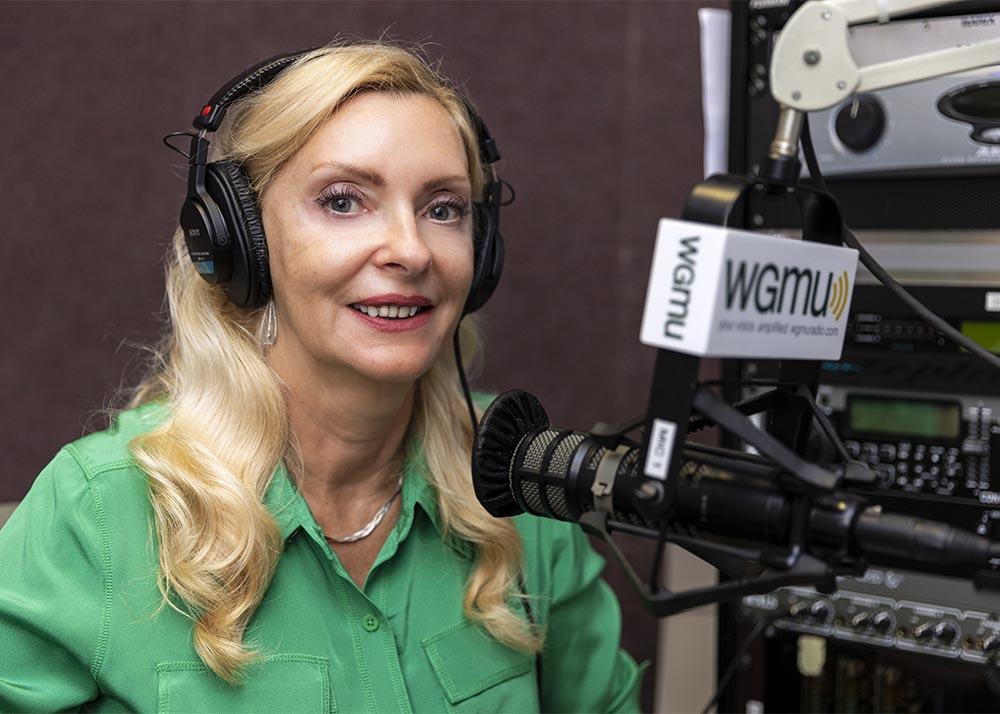
Professor Karina Korotelina joins Mason president Gregory Washington in the studio to discuss conflict analysis and resolution on this episode of the Access to Excellence podcast.
Karina Korostelina, a professor of conflict analysis and resolution in Mason’s Jimmy and Rosalynn Carter School for Peace and Conflict Resolution, conducts research with global implications that not only applies to countries and groups in conflict but societies as well.
She tells Mason President Gregory Washington that Ukraine’s war with Russia, at its end, will present enormous problems with the reconciliation of people and territories. A look behind the scenes at Korostelina’s remarkable research and what it tells us about human nature and how we can find peace after conflict.
Listen to this episode
Access to Excellence Podcast Episodes
- December 11, 2024
- November 18, 2024
- October 21, 2024
- August 6, 2024
- July 5, 2024
